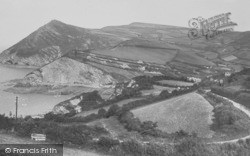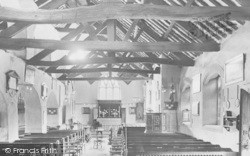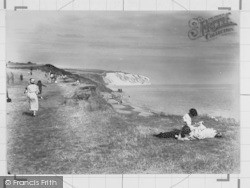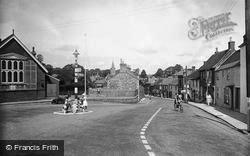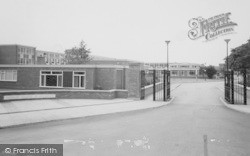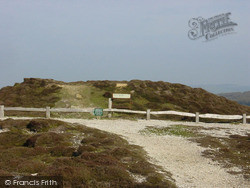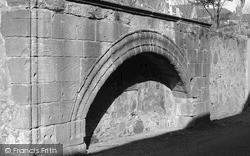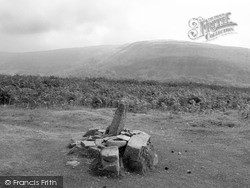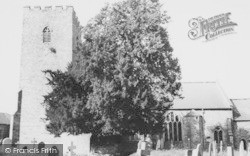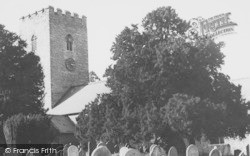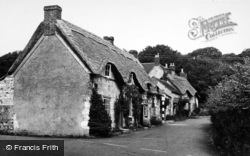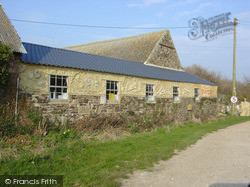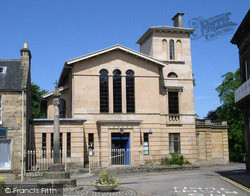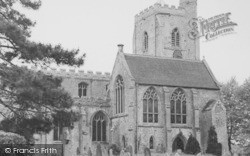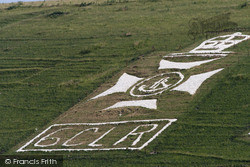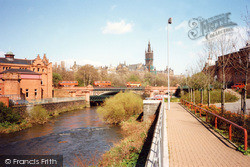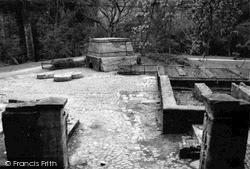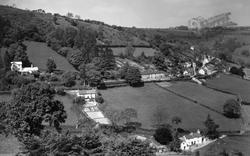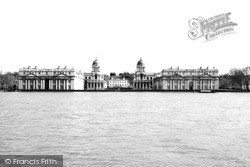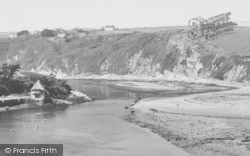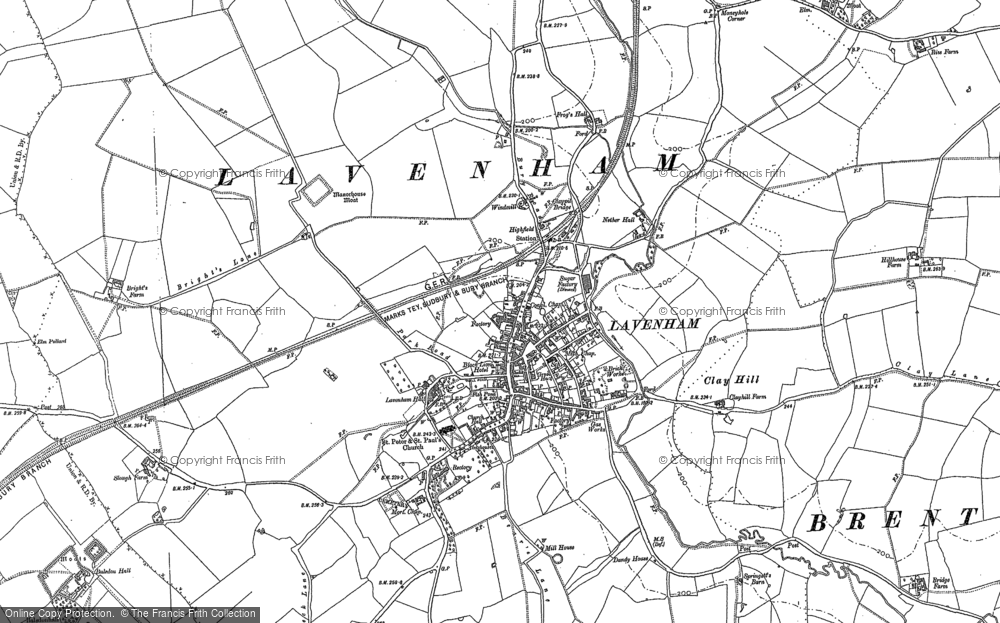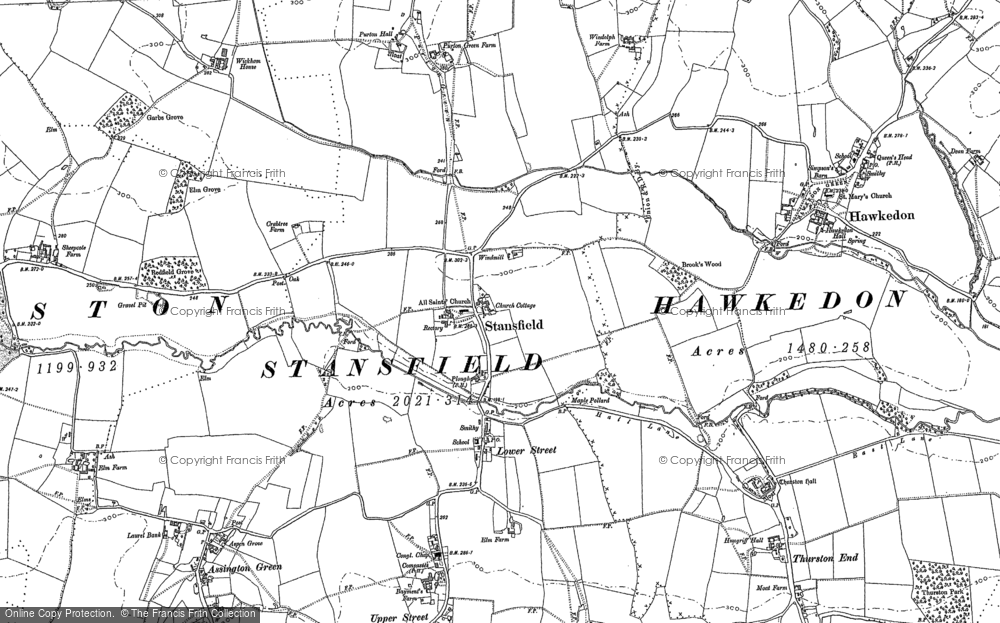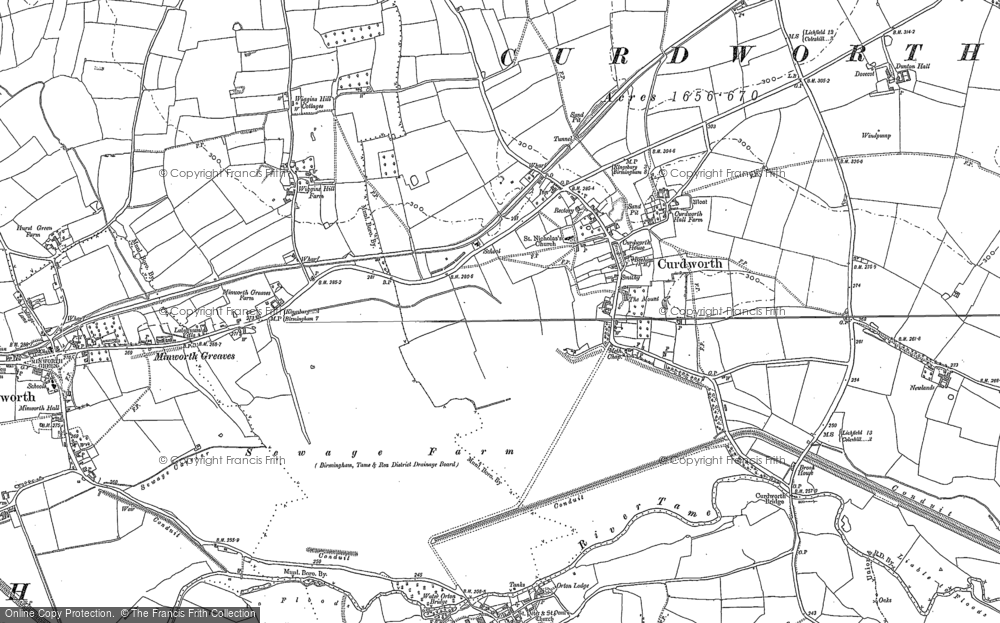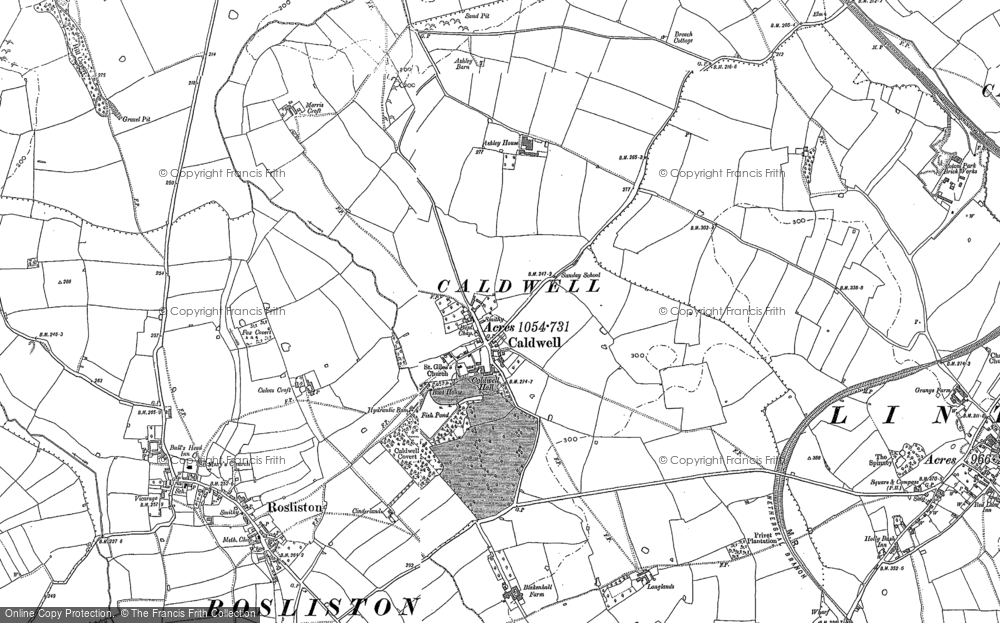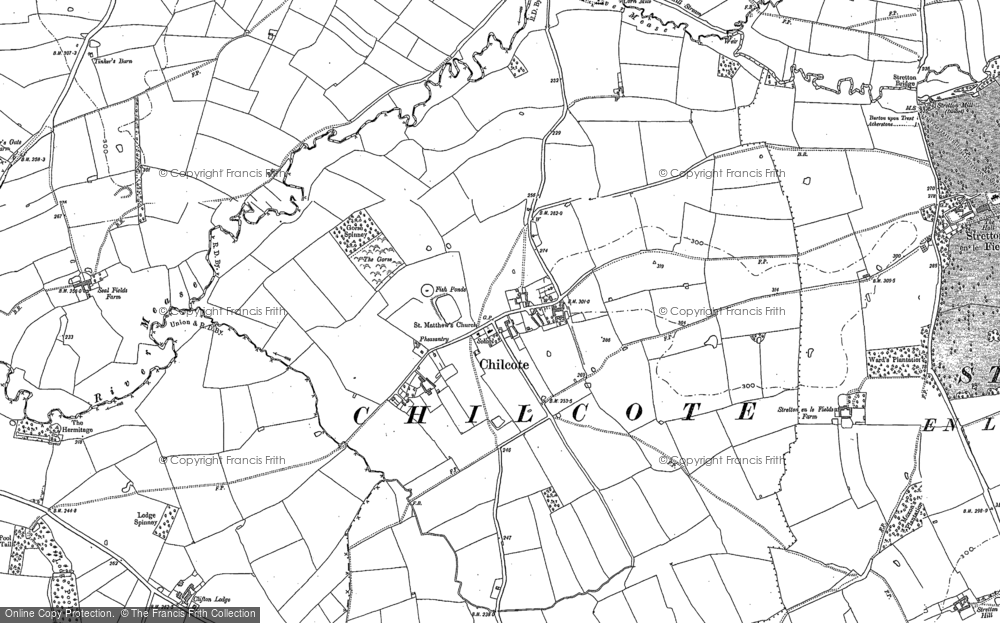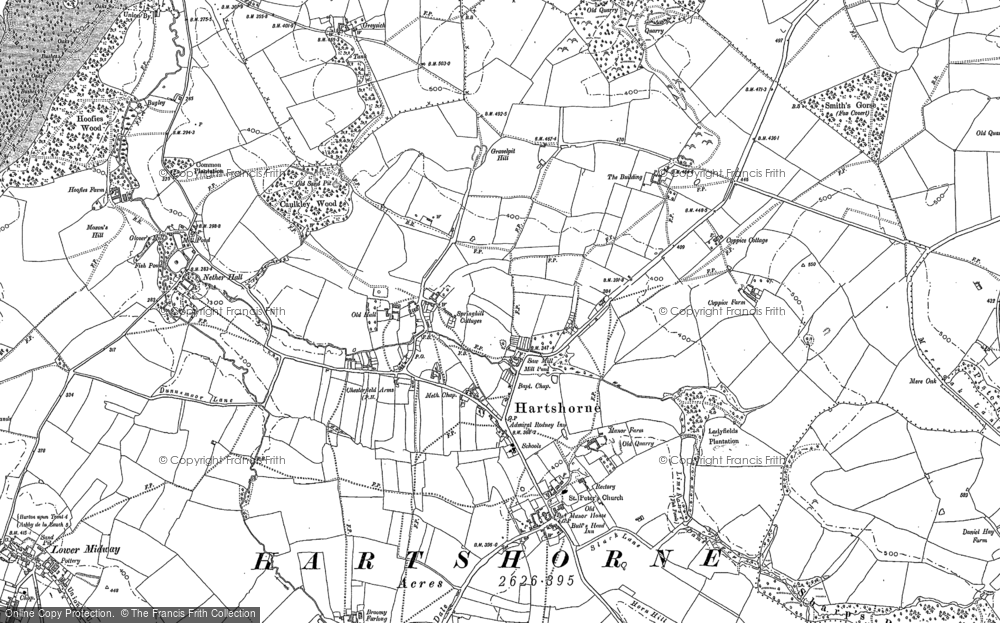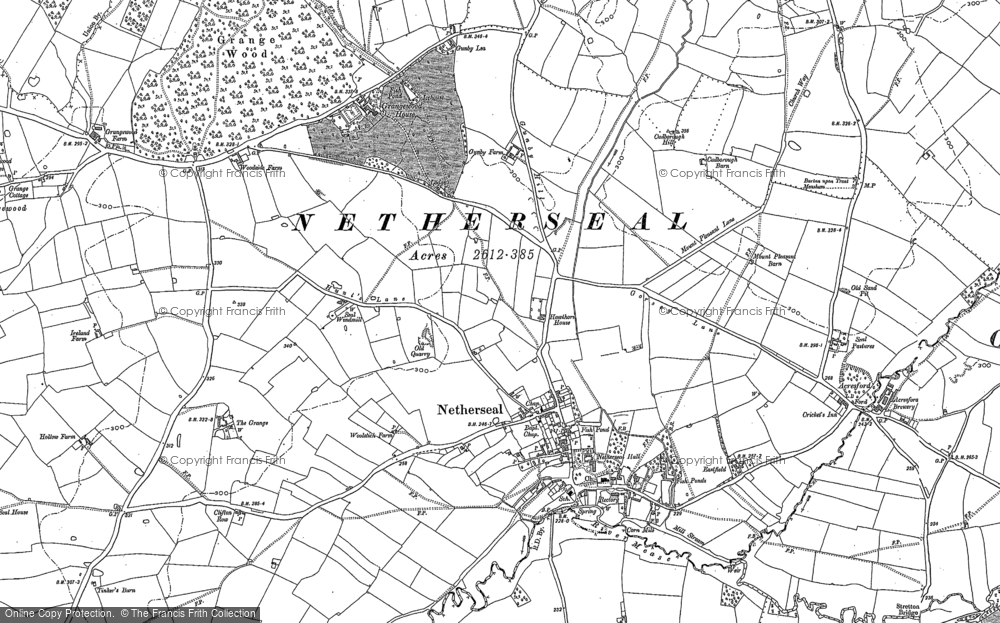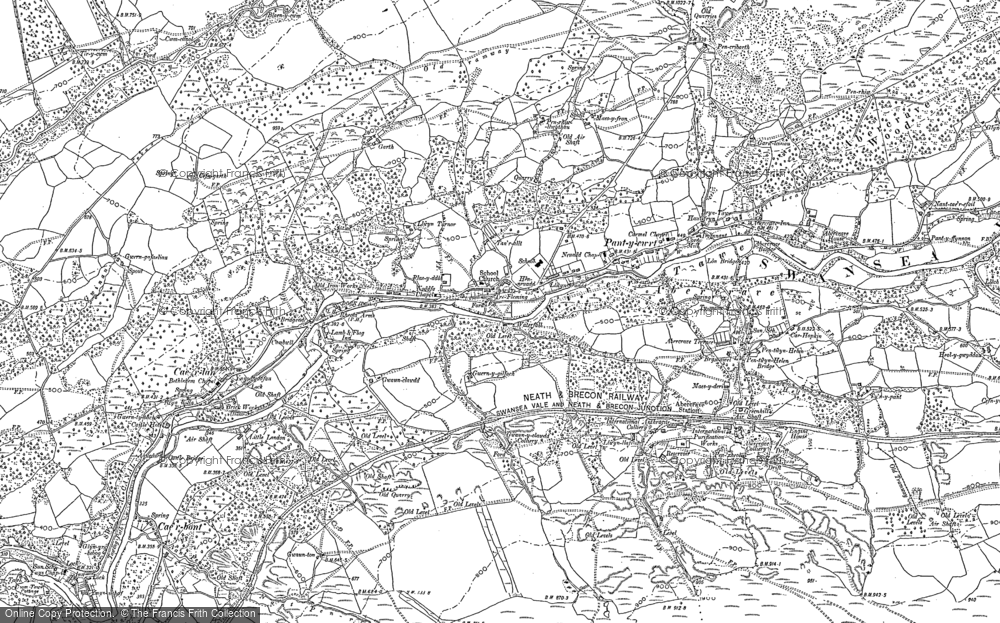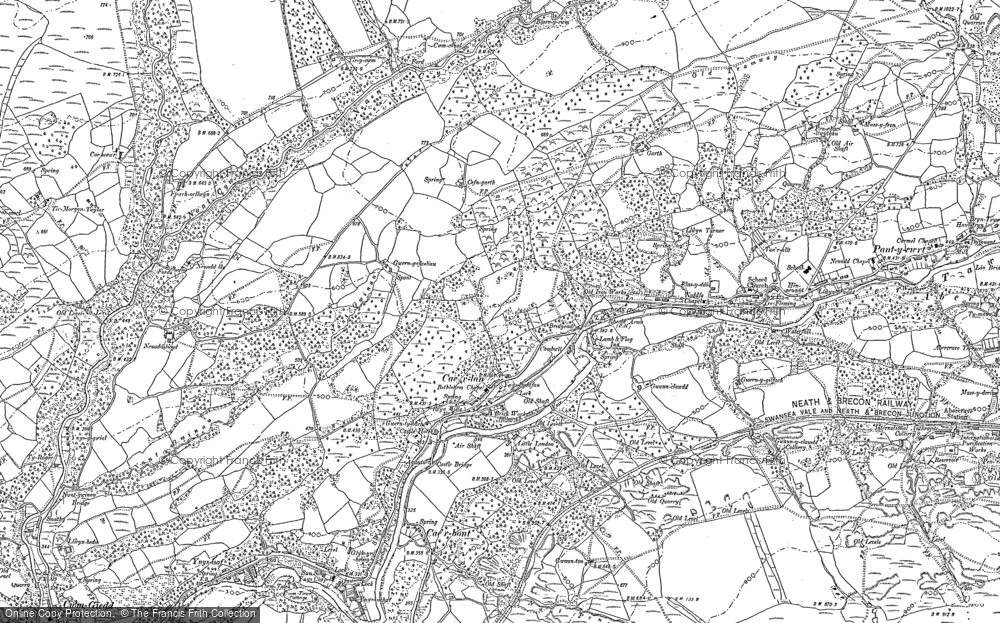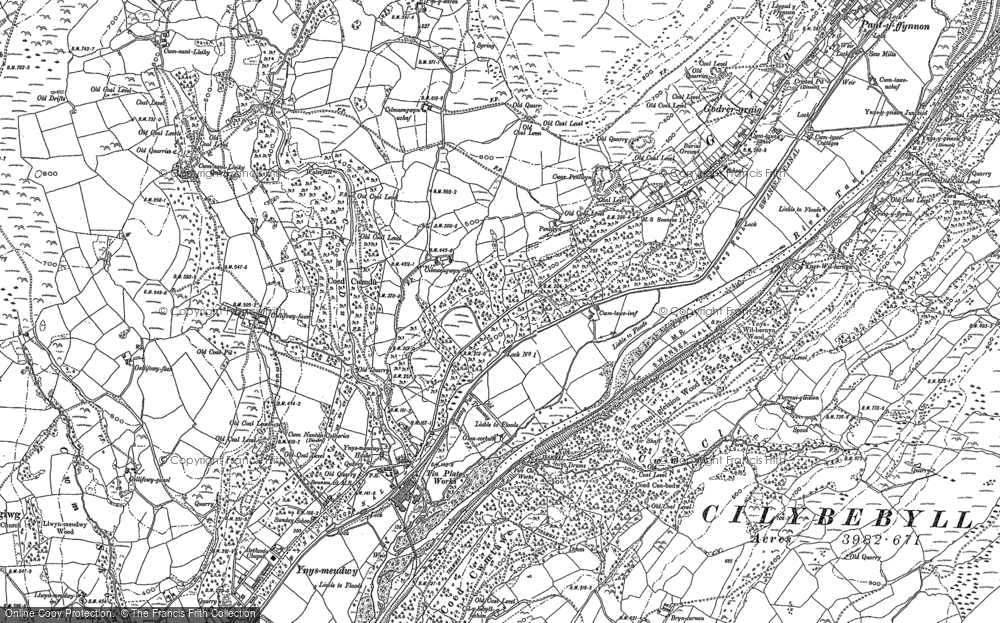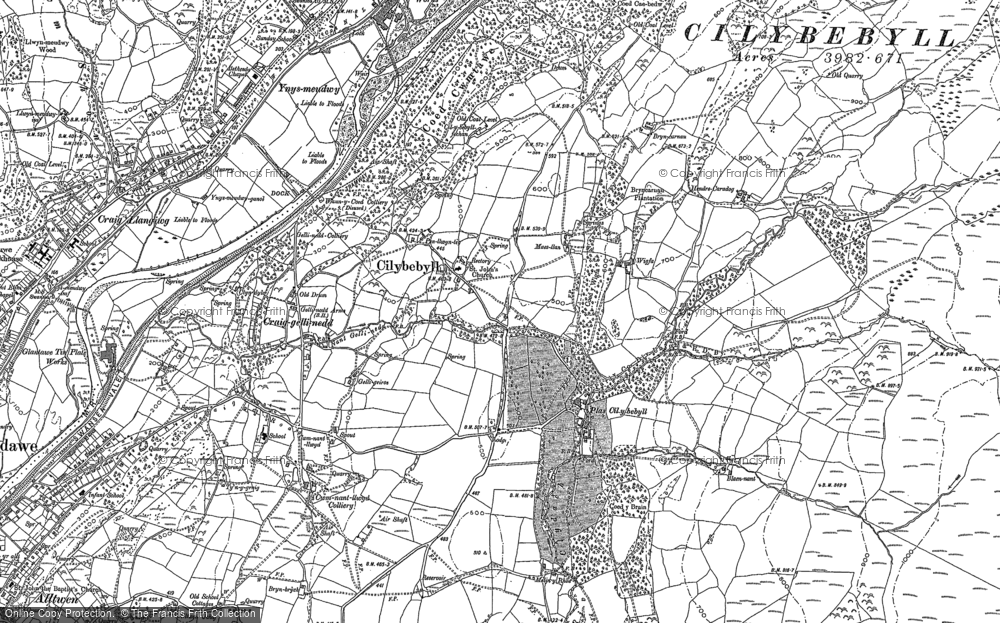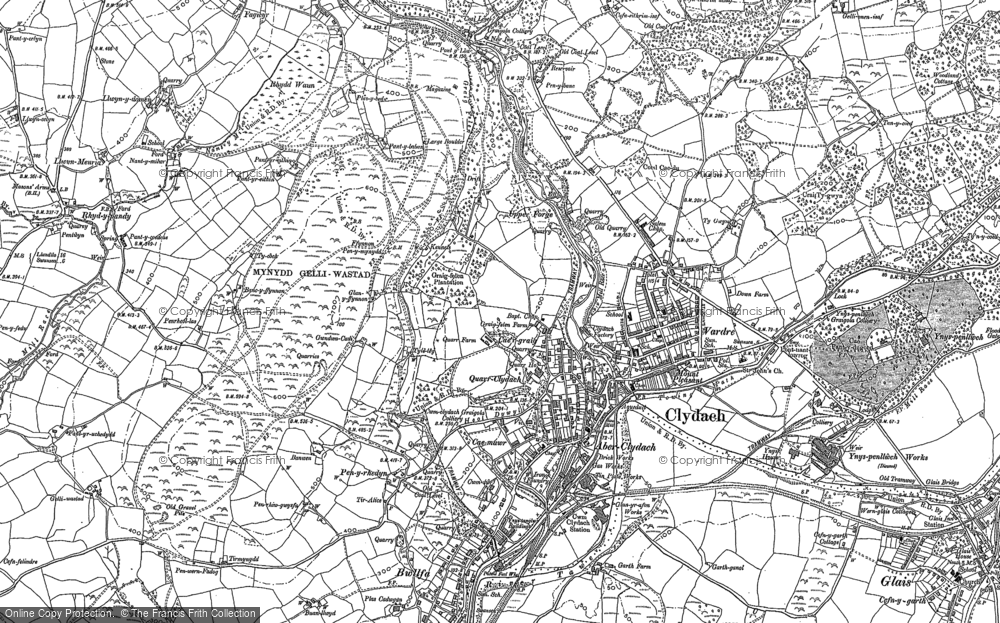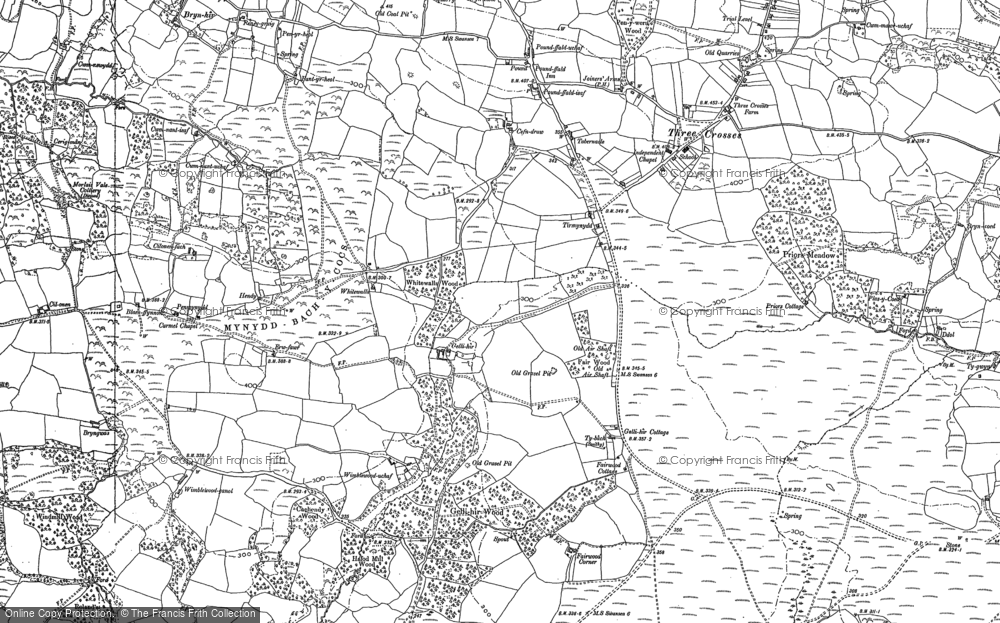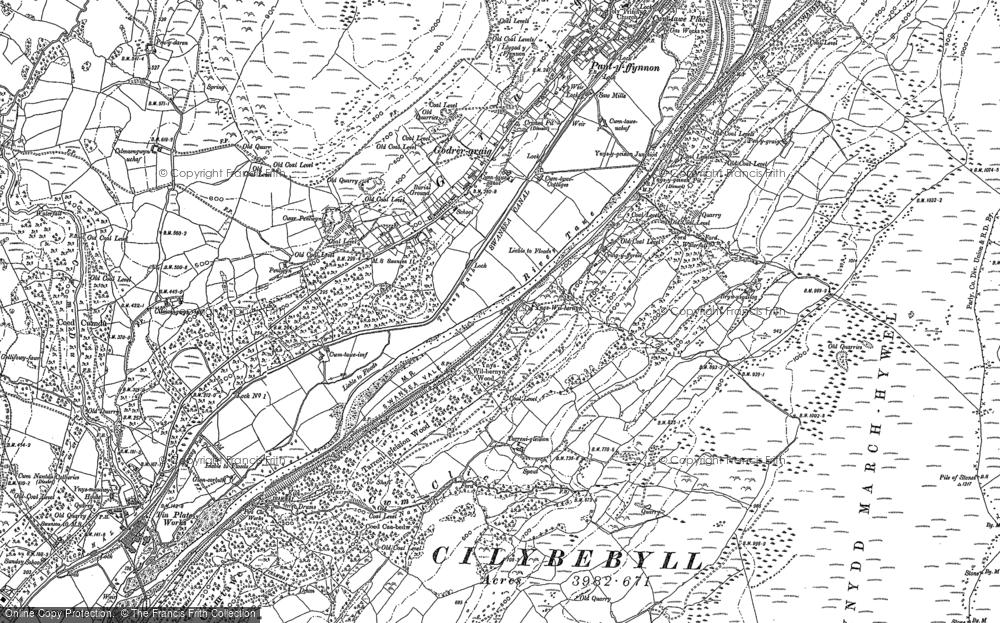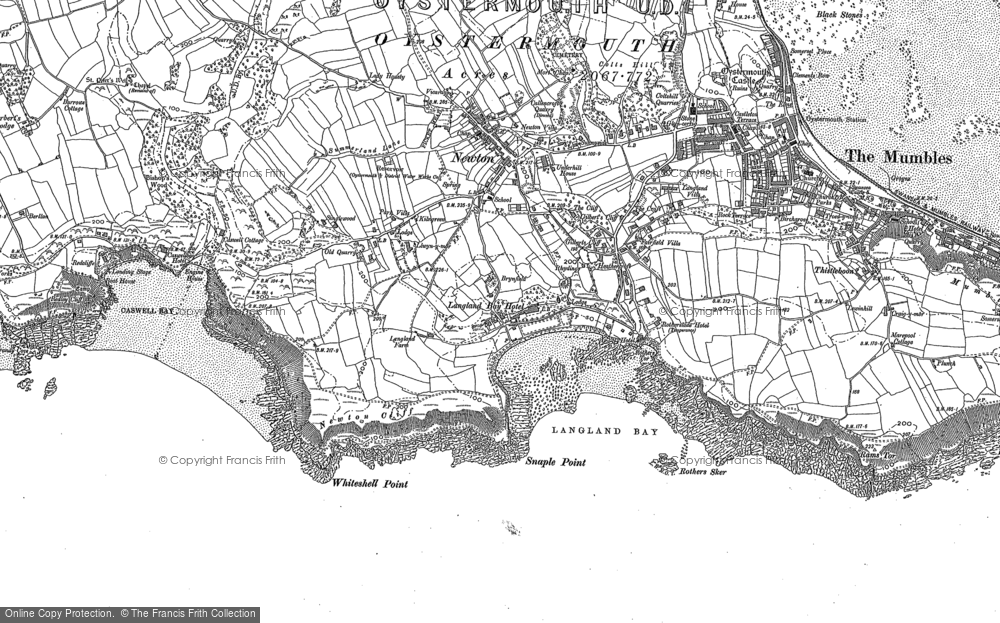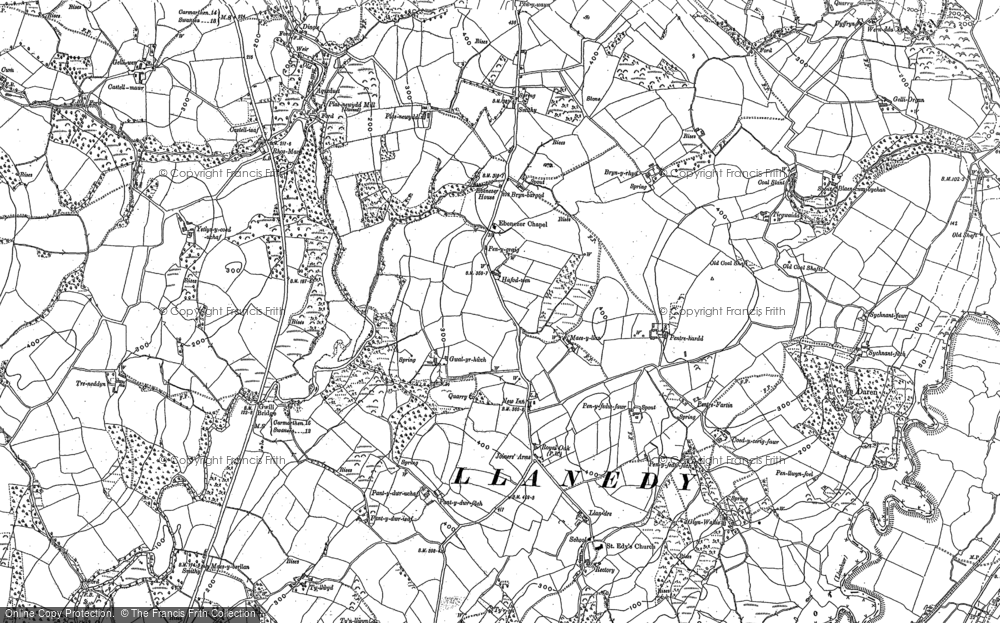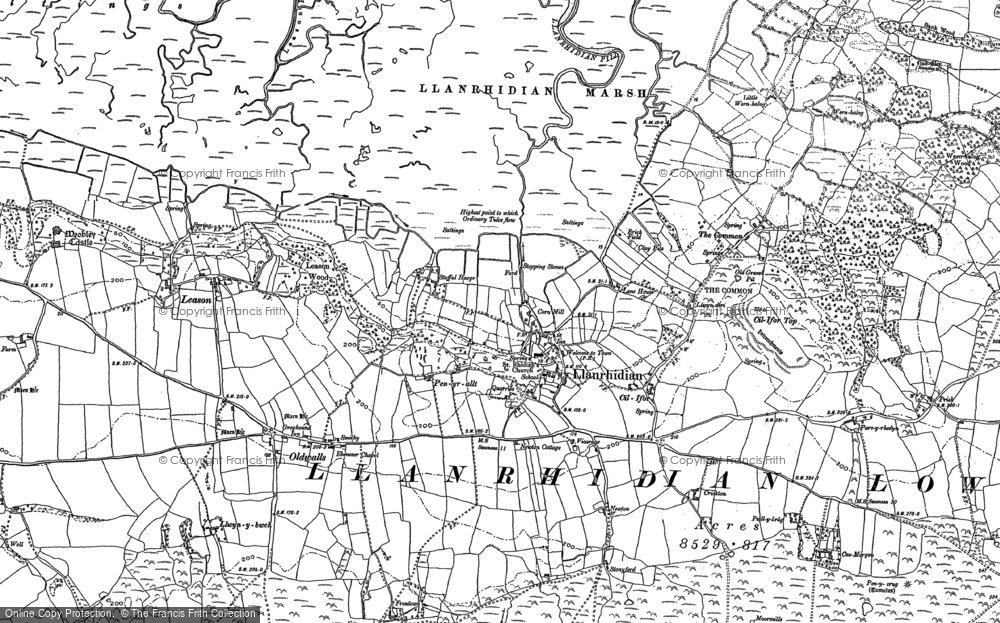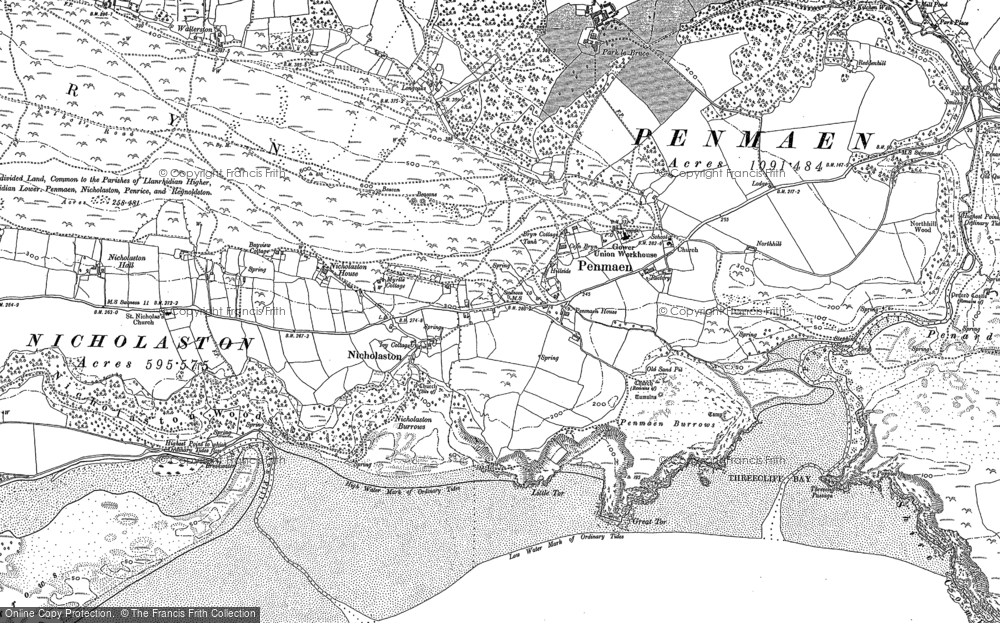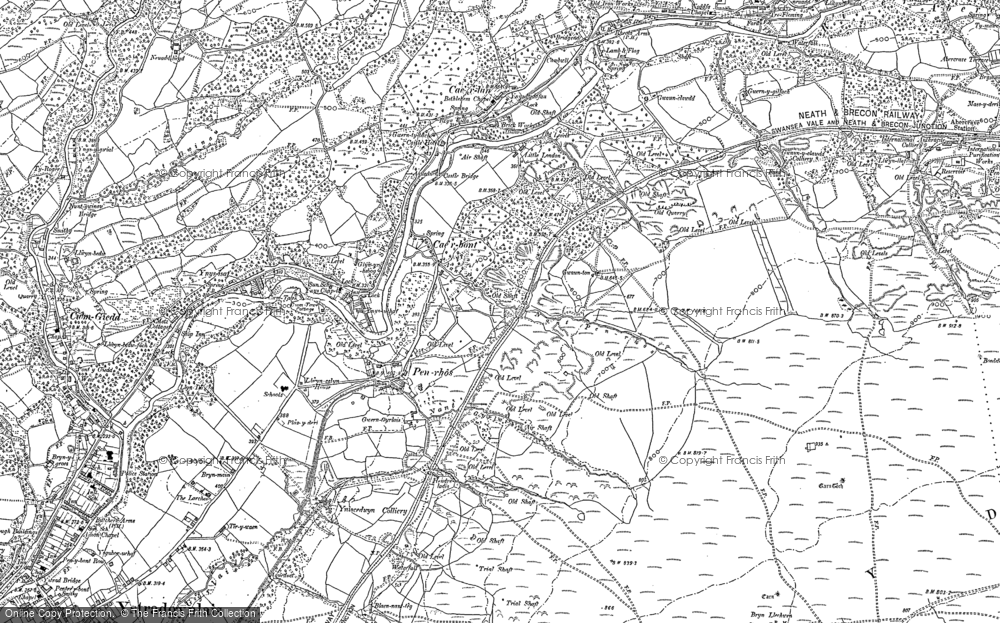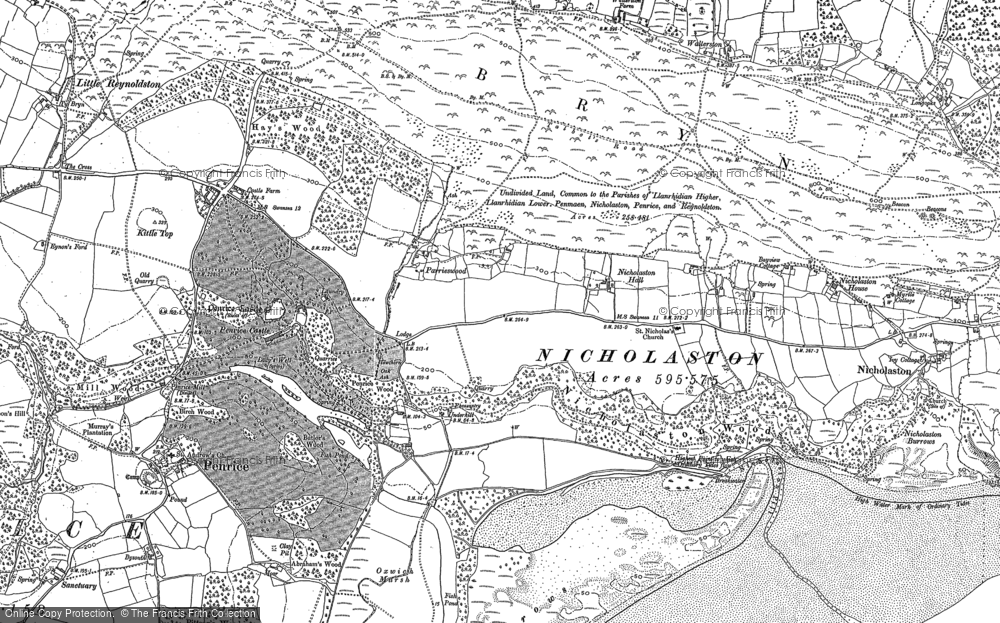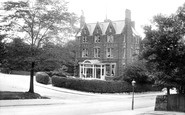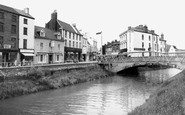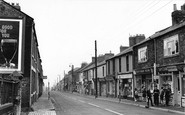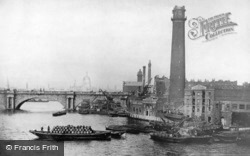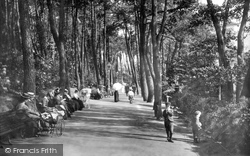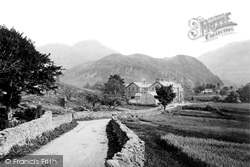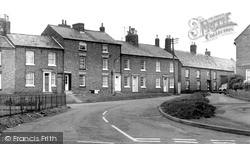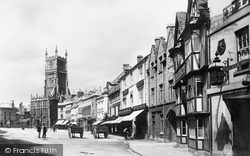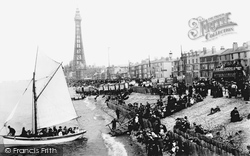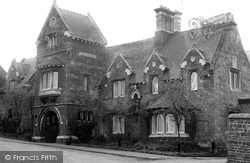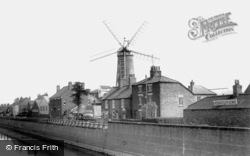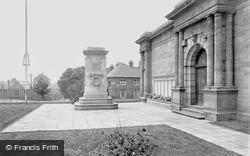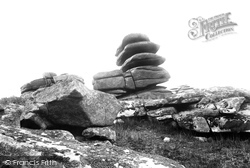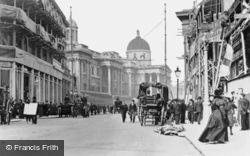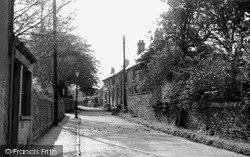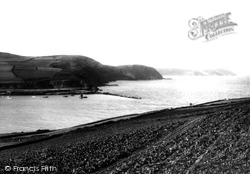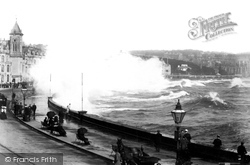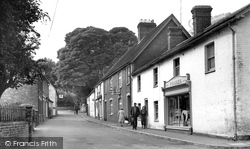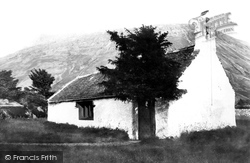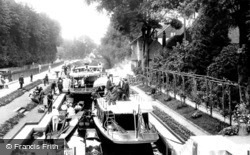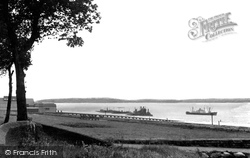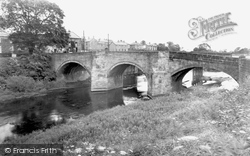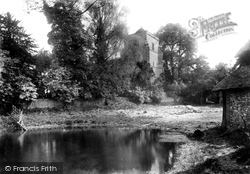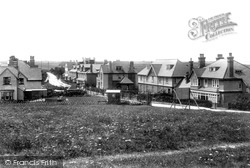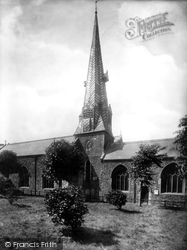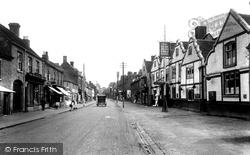Places
36 places found.
Those places high-lighted have photos. All locations may have maps, books and memories.
- Shanklin, Isle of Wight
- Ventnor, Isle of Wight
- Ryde, Isle of Wight
- Cowes, Isle of Wight
- Sandown, Isle of Wight
- Port of Ness, Western Isles
- London, Greater London
- Cambridge, Cambridgeshire
- Dublin, Republic of Ireland
- Killarney, Republic of Ireland
- Douglas, Isle of Man
- Plymouth, Devon
- Newport, Isle of Wight
- Southwold, Suffolk
- Bristol, Avon
- Lowestoft, Suffolk
- Cromer, Norfolk
- Edinburgh, Lothian
- Maldon, Essex
- Clacton-On-Sea, Essex
- Felixstowe, Suffolk
- Norwich, Norfolk
- Hitchin, Hertfordshire
- Stevenage, Hertfordshire
- Colchester, Essex
- Nottingham, Nottinghamshire
- Bedford, Bedfordshire
- Bury St Edmunds, Suffolk
- Aldeburgh, Suffolk
- St Albans, Hertfordshire
- Hunstanton, Norfolk
- Chelmsford, Essex
- Bishop's Stortford, Hertfordshire
- Peterborough, Cambridgeshire
- Brentwood, Essex
- Glengarriff, Republic of Ireland
Photos
9,106 photos found. Showing results 7,641 to 7,660.
Maps
181,006 maps found.
Books
11 books found. Showing results 9,169 to 11.
Memories
29,060 memories found. Showing results 3,821 to 3,830.
Early Years
Where do start?! I (then Aidan Jackson) moved to Burnhope at the age of 3 in 1944. I lived at 1 Jaw Blades (now demolished) with my grandparents, uncles and mother. I started school at the old infant/junior school in October 1946. ...Read more
A memory of Burnhope in 1946 by
Royal Hotel Ww2 And Afterwards
From 1939 to 1959 I lived in West View, just a couple of hundred yards from the Royal. We were friendly with the proprietress of the time, a Miss Florence Shute. Miss Shute had a brother who lived in our flats and ...Read more
A memory of Ilkley in 1940 by
High Bridge
When I was very young, just before 1950, I can remember High Bridge was like this without the footbridge beside it. Without so much traffic it was safe to walk over the main bridge. Then the river was tidal and had banks of mud on either ...Read more
A memory of Spalding in 1955 by
Washington Road
I lived as a child at 49, Washington Road, Worcester Park, Surrey, which I learnt to relate parrot fashion as a 5 or 6 year old in case I got lost. We had a black dustbin with the Number 49 on it, a monkey puzzle tree in the ...Read more
A memory of Worcester Park in 1954
The Village Policeman 1979 To 1989
I remember well pushing my police bicycle around Kempston, covering Spring Road across to St Johns Avenue and over to the chantry factory estate. I was the last of the resident beat officers living and working my ...Read more
A memory of Kempston in 1979 by
Shelly And Sarah Stanway
I only have sad thoughts of Prees, my sisters Shelly and Sarah stanway were killed in a house fire in 1992 and I have no memories of them. Sadly I was only 13 months old at the time, wondered if anyone knew what happened as it's too painful for my parents to talk about.
A memory of Prees in 1992 by
Old Days
Ah! the old town where I was born and grew up before leaving in 1977 for Canada. My grandparents had the fruit shop on Doncaster Road and supplied the Hall at Hickelton for the Halifax family before it became the Sue Ryder Home. I ...Read more
A memory of Thurnscoe in 1953 by
My Time In Peterlee Starting In 1955
My family and I moved to Peterlee in the Autumn of 1955. We lived in Thorntree Gill. Petelee was quite new then. We could see the North Sea from my parent's bedroom window. At that time there were no schools, ...Read more
A memory of Peterlee in 1955 by
Memories
Recently visited for first time in 10 years and High Street is a shadow of what it used to be, quite sad.
A memory of Willington in 2012
Great Times
We used to live in Yeadon in a council house, and when my Dad came out of the Army as an Officer he bought a plot in Hawksworth Lane (number 54). He had a house built by Prior who built all the Tranmere Park Estate ...Read more
A memory of Hawksworth in 1953 by
Your search returned a large number of results. Please try to refine your search further.
Captions
29,158 captions found. Showing results 9,169 to 9,192.
Except for the dome of St Paul's Cathedral in the distance, this scene is very different today.
A contemporary guide book extolled Bournemouth's climate: 'it is perhaps most beneficial to invalids during the fall of the year and the early spring, when it will compare favourably with many of the Mediterranean
The Borrowdale Hotel is in one of the wildest valleys of Lakeland, and only the hardiest of early tourists made their way this deeply into the dale.
Like Geddington, the village of Hardingstone is famous for its Queen Eleanor Cross, erected by Edward I in memory of his wife. The funeral procession rested here en route to London in 1290.
In Roman times Cirencester, Corinium Dubunnorum, was the second most important town in Britain after London, standing near the Roman roads of Akeman Street, the Fosse Way, Ermine Street and the older Icknield
The tide is in, the sea is calm and the bathing machines have nowhere to go except on the Promenade.
The older part of the village is full of houses and cottages built by the Victorian lord of the manor, William Mackworth-Dolben. None are more fanciful than The Bell Inn on Bell Hill.
Most of the buildings shown here have either gone or been adapted. An exception is the superb five sailed mill, which takes its name from the Maud Foster drain flowing alongside.
The names of the fallen are on plaques built into the gallery wall to the right of the obelisk, which simply states: 'Their name liveth for evermore'.
The second highest part of Bodmin Moor is Rough Tor, at 1311 feet.
Today there are many more large villas here, including those of Fosterville Crescent. Mr Foster, the builder, showed his pride in his work by occupying the largest of the new houses.
The paintings that formed the basis of Britain’s national collection were purchased for £57,000 in 1824 from J Angerstein.The exhibition halls created on the north side of Trafalgar Square to display
Kiveton Park was once an estate belonging to Sir Thomas Osborne, Earl of Danby and later First Duke of Leeds; the house, designed by William Talman, has long since been demolished.
This view looks towards Bay Fine, Aldrick and the Calf of Man.
The Irish Sea can be as flat as a mill pond, but when an easterly, south-easterly or north-easterly gale blows up, this is what happens at Douglas.
Thomas Hardy writes of a journey into Cranborne in 'Tess of the D'Urbervilles', where the present Fleur-de-Lys tavern is depicted as the much less salubrious 'Flower-de-Luce'.
The tiny church of St Olaf at Wasdale Head is said to be among the smallest in England; but surrounded as it is by the dramatic mountains of Wasdale, it is also one of the most visited.
A little later, the year before the First World War started, the great boating craze of the later Victorian and Edwardian years is still in full swing.
This view captures well the character of much of the Thames estuary: a somewhat bleak, flat shoreline and a smudge of distant chalk hills on the Kent side.
Felton stands on the north bank of the Coquet, and it was here that the Great North Road once crossed the river by way of the old bridge featured in the picture.
It is of 14th-century origin, and has some 16th-century and Victorian restoration work.
These large houses stand in an idyllic situation on the cliffs above the Channel overlooking St Margaret's Bay.
St Peter's is the parish church of Barnstaple. This present building was erected in the 13th century on the site of a previous church.
In the 1660s Kinver was the scene of an unsuccessful attempt by Andrew Yarranton to make the Warwickshire Stour navigable from Stourbridge to Stourport-on-Severn.
Places (6814)
Photos (9106)
Memories (29060)
Books (11)
Maps (181006)




